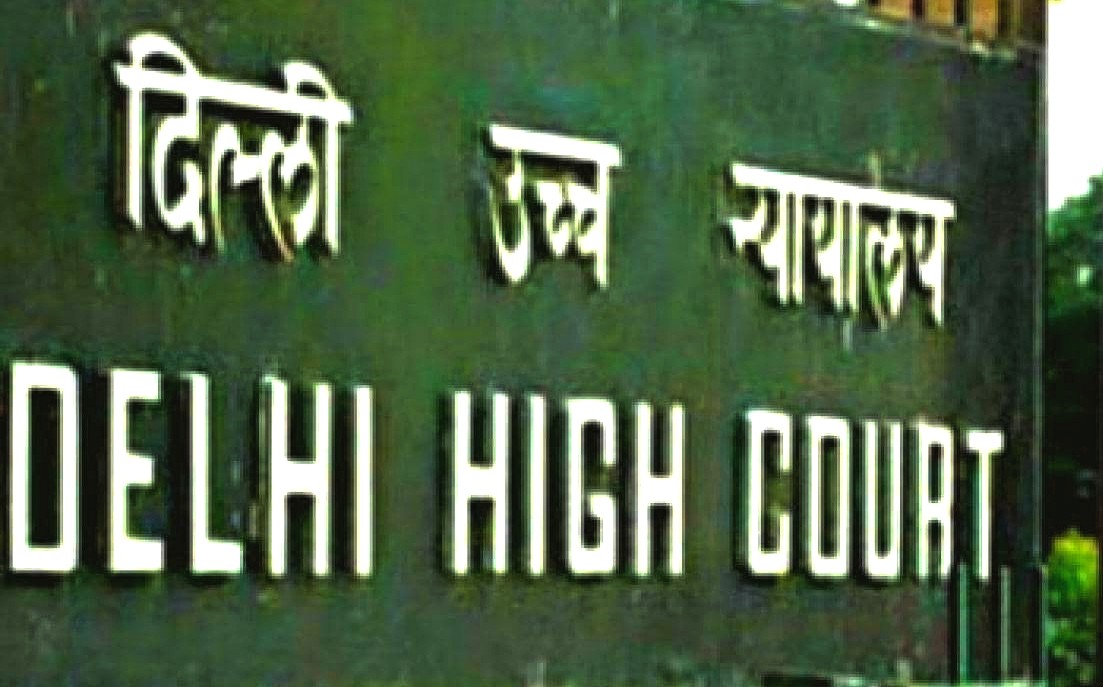To secure ends of justice, P&H HC quashes criminal proceedings after parties amicably enter into compromise

Read Order: Surjit Singh and another v. State of Punjab and another
Monika Rahar
Chandigarh, January 4, 2022: Invoking its inherent power under Section 482 of the Cr.P.C., the Punjab and Haryana High Court has quashed an FIR on the ground of a compromise which was entered into between the parties.
The Court while doing so reiterated that a High Court has power under Section 482 to allow the compounding of non-compoundable offence and to quash the prosecution where it is required for preventing abuse of the process of law or for securing the ends of justice.
The concerned petition was filed under Section 482 Cr.P.C. for quashing of an FIR registered under Sections 420, 406, 506 of IPC and Section 13 of Punjab Travel Profession (Regulation) Act, 2014 at Police Station Bhaini Mian Khan, District Gurdaspur, Punjab
The Single-Judge bench of Justice Vikas Bahl was informed in its previous hearing that all the parties concerned were party to the compromise. Thus, the Court, by virtue of its earlier order, directed the parties to appear before the Illaqa Magistrate/ trial Court for recording their statements qua Compromise, and the lower court was directed to submit a report addressing questions like how many persons were arrayed as accused; whether they were proclaimed offender; whether the compromise was voluntary, etc. In pursuance of this Order, a report was submitted which found the compromise to be genuine, voluntary and valid.
The counsel for the petitioners submitted that no other FIR was lodged against the petitioners and that they were not declared proclaimed offenders in the present case. The State Counsel also confirmed this information. It was also submitted that the compromise would bring peace and amity between the parties and was thus in the interest of all the parties.
Addressing the legal position on the exercise of inherent power in a case where a compromise is entered into between the parties, the High Court referred to the Full Bench judgment of Punjab and Haryana High Court in the case of Kulwinder Singh and others v State of Punjab, wherein it was held that High Court has power under Section 482 Cr.P.C. to allow the compounding of non-compoundable offence and quash the prosecution where the High Court is of the opinion that the same is required to prevent the abuse of the process of law or otherwise to secure the ends of justice. This power of quashing is not confined to matrimonial disputes alone.
The judgment of the Supreme Court in the case of Gian Singh Vs. State of Punjab and another was also referred to wherein it was observed that for securing the ends of justice or for preventing abuse of process of Court, inherent power can be used by the Court to quash criminal proceedings in which a compromise has been effected.
The Court found the settlement in the present case to be amicable and in the interest of all the parties and thus to secure the ends of justice, the criminal proceedings were ordered to be quashed.
Sign up for our weekly newsletter to stay up to date on our product, events featured blog, special offer and all of the exciting things that take place here at Legitquest.




Add a Comment